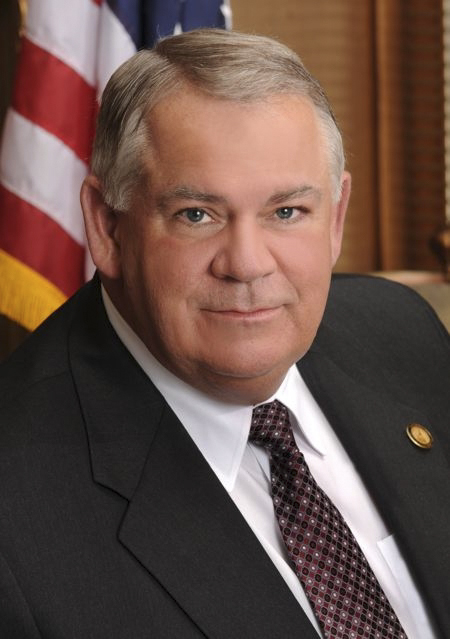
ATLANTA -Georgia House Speaker David Ralston cast serious doubts Friday that the state will be able to afford either a teacher pay raise or an income tax cut because of the coronavirus pandemic’s economic impact.
The $28.1 billion fiscal 2021 state budget the House passed this month days before suspending the 2020 legislative session because of COVID-19 includes a $1,000 pay increase for teachers, down from the $2,000 raise Gov. Brian Kemp recommended in January.
The same day House members approved the budget, they passed legislation to reduce Georgia’s income tax rate from 5.75% to 5.375%, effective next Jan. 1. Ralston said at the time that cutting taxes is what Republicans do.
“Those are both probably going to have to come out now,” the speaker said Friday on Georgia Public Broadcasting’s “Political Rewind” program.
“I’m not sure a tax cut in this type of emergency is the wisest course to do, and I don’t think giving a huge pay raise to one group of state employees is a wise course to do,” he added. “Those two items took up a lot of room in the budget that we, frankly, may not have now.”
States across the country are taking a huge economic hit from the global pandemic, as businesses forced to shut down and workers thrown out of jobs generate far less tax revenue than would be available in normal times.
A portion of the $2 trillion federal economic stimulus package that gained final passage in Congress on Friday – $150 billion – will go to help prop up state and local governments suffering from the economic impact of coronavirus. Many governors have predicted that won’t be nearly enough funding, and Congress will have to come back and approve another stimulus.
The teacher pay raise, which Kemp promised on the campaign trail in 2018, was one of his key priorities entering this year’s General Assembly session, and Republican House leaders have made the tax cut a major goal.
But Ralston said Friday all bets are off as the economic effects of the pandemic grow with the number of deaths and confirmed cases of COVID-19.
“Just as Georgians are having to do … we’ve got to figure out as a state what do we absolutely need to run the state until we get back in session in January of ’21,” he said.
One bit of good news, according to Ralston, is the state should have the ability with some adjustments to survive financially through the end of the current fiscal year June 30. Kemp already has signed the $27.5 billion mid-year budget the General Assembly passed earlier this month.
